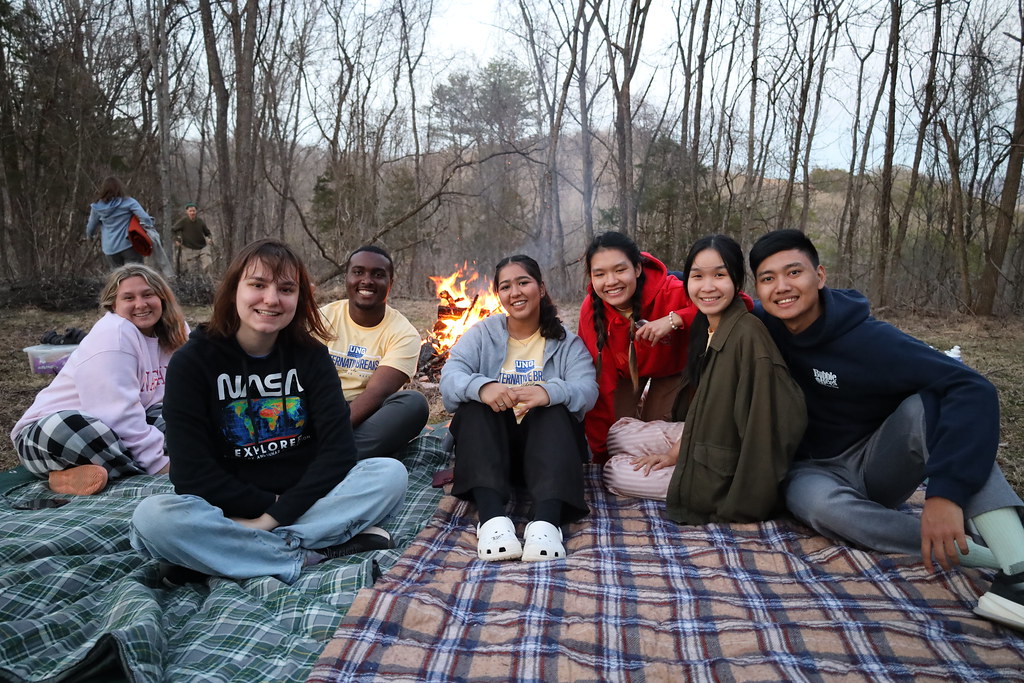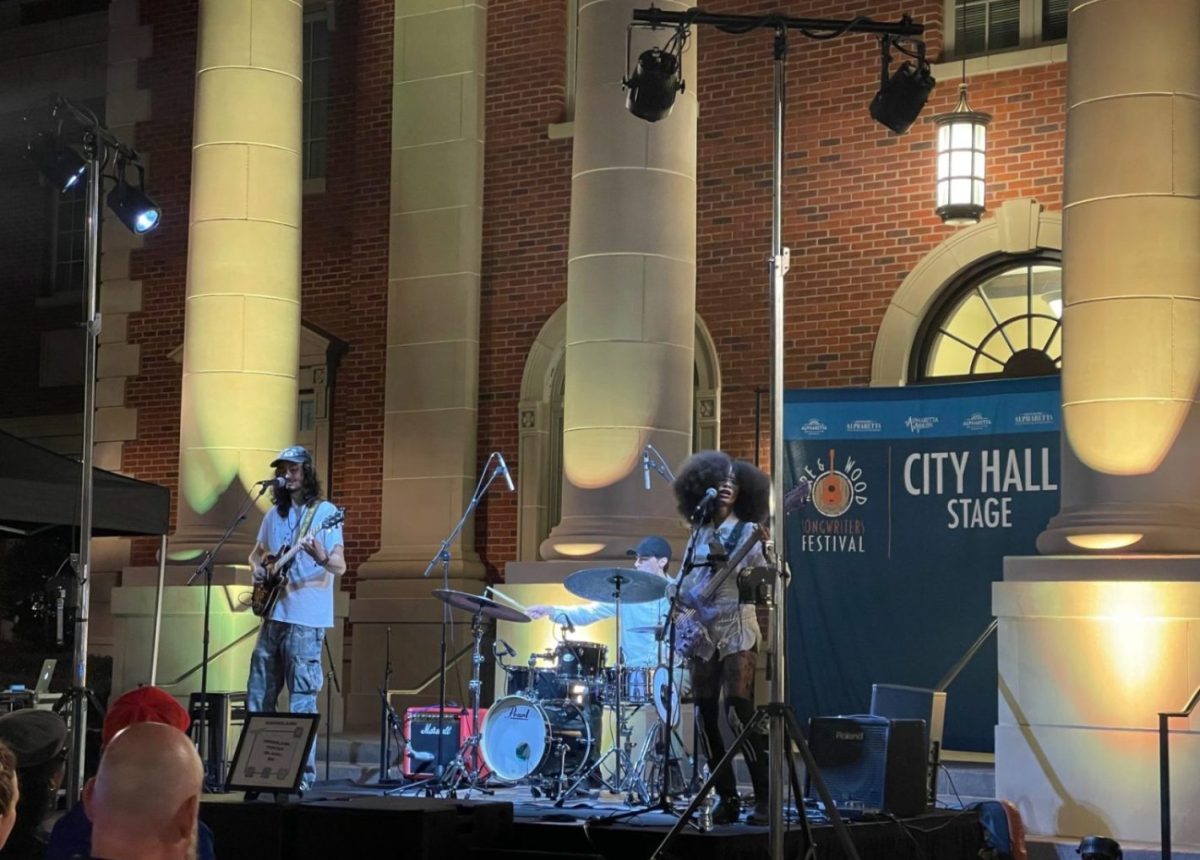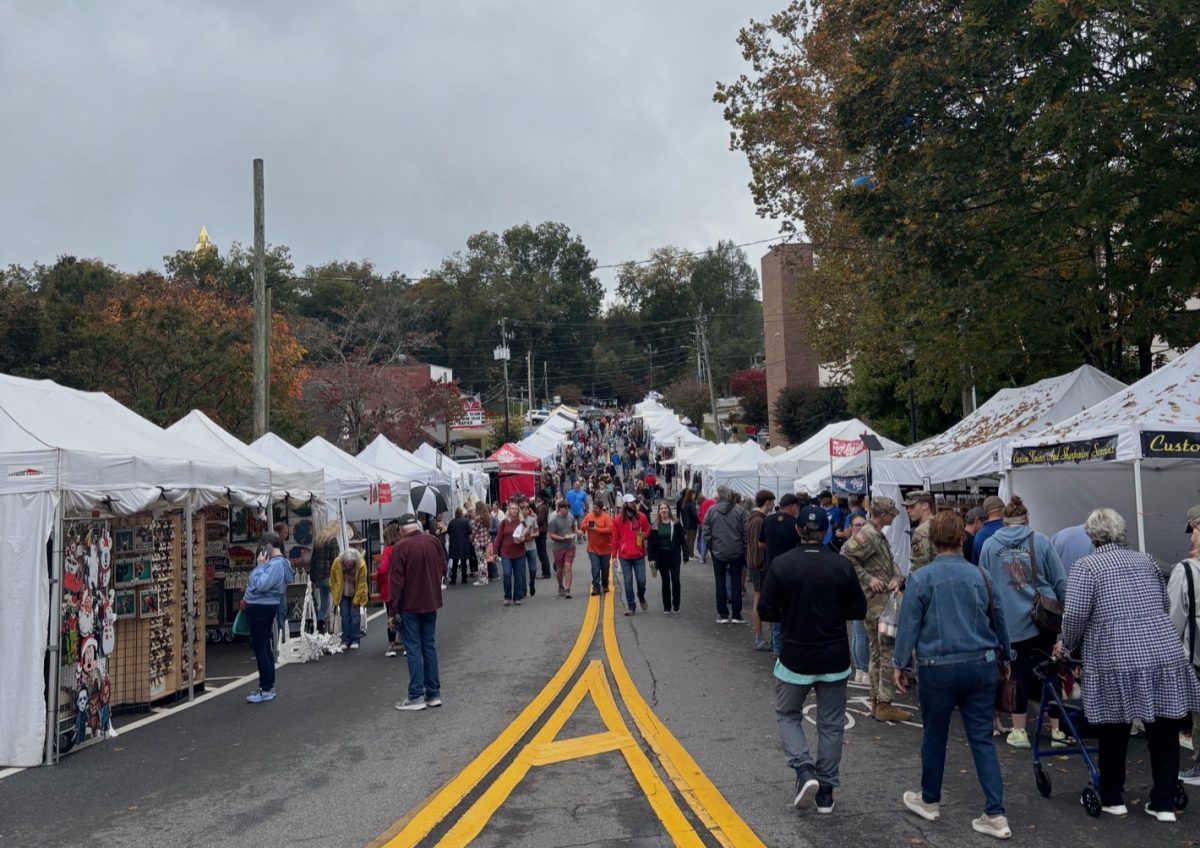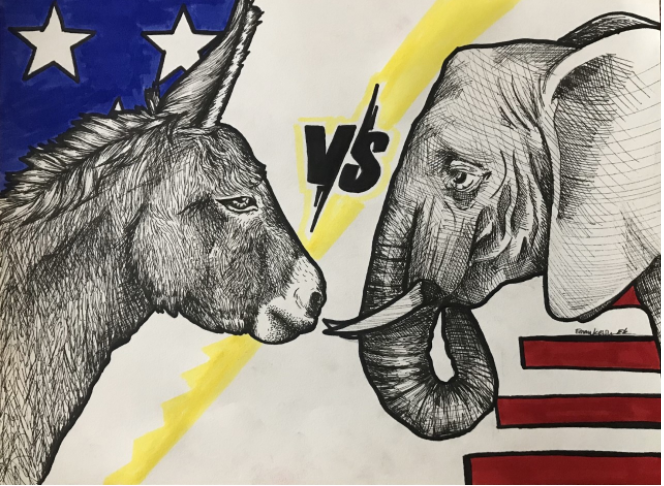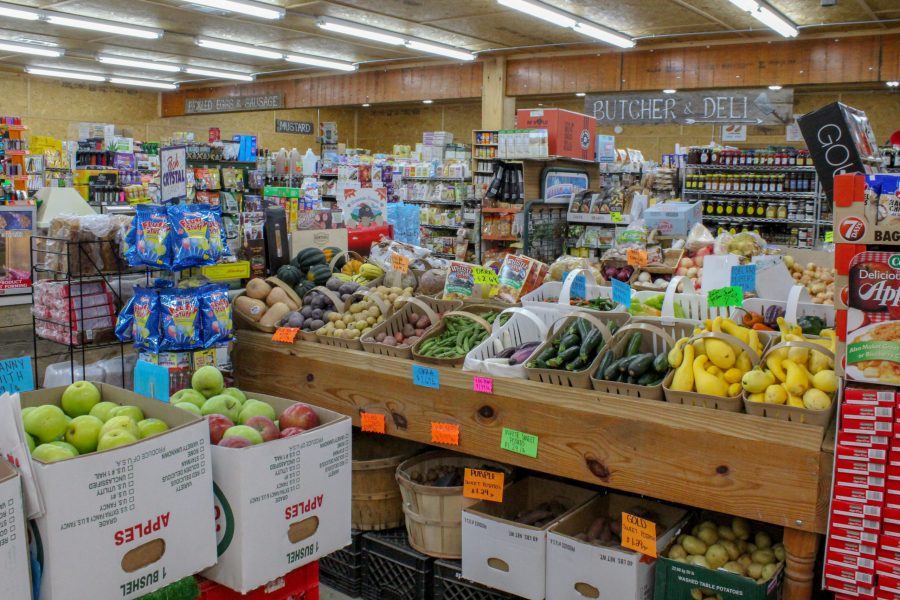Tensions between people with different political views are high and oftentimes, people feel animosity towards those with different opinions and beliefs than them. The Pew Research Center describes the current state of political differences in the United States as being “beyond basic demographic lines, such as age, gender, and race.”
As rising political tensions and hostility over differences in views become more apparent, there have been explanations for this from political, psychological, and sociological perspectives alike.
Dr. Carl Cavalli, political science professor at the University of North Georgia, offers a holistic explanation for the hostility people feel over difference in political opinions.
Cavalli begins his explanation by describing a key aspect of the issue to understand, which is the fact that America is evenly politically divided and both chances have an essentially equal chance of taking control.
This fact becomes more obvious when today’s political climate is compared to the dynamic of past political eras. For example, the Democratic Party dominated politically from the 1930s-1970s and they had no concern of losing control while the Republican Party had no chance of gaining control, and this dynamic led to more cooperation among both parties. Today, neither party has the same incentive to cooperate with one another, given that they both have an equal chance of seizing control.
Another important element of animosity over differences in political opinions is the greater ease of accessibility of information today. In the past, each newspaper, broadcast, and network was competing for the attention of the entirety of any given community, which meant that they tended to take more of a centrist approach to most issues to appeal to a larger audience.
This is in stark contrast to how easily accessible most information is today, as there are thousands of more networks and news outlets today than there were in past decades. In the past, people received most of their information from the same outlets. Now, people receive much of the information they base their political positions on from widely different sources, which results in people forming their opinion from different pieces of information.
This phenomena of the increase of information sources has led to what Cavalli refers to as ‘information cocoons’, where people seek out information that already reinforces their pre-existing beliefs and opinions. This has led to the assumption among many people of negative traits in the character of people who disagree with them politically. People will often assume an intent of deception or dishonesty among people who disagree with them, without considering the possibility that they could either be honestly mistaken or even correct.
Cavalli also explains how certain societal authorities frame modern political discourse. Many people lack the time to do thorough political research and only form the foundation for their beliefs from prominent figures in society. These figures can include politicians, celebrities, and religious leaders.
Cavalli says major news outlets impact the way people form political opinions. News outlets will often feature speakers that have controversial takes and boisterous personalities over actual experts for the sake of entertainment. People sometimes falsely perceive these hosts to be experts and when they see said hosts engaging in harsh and sometimes personal disagreements, they often interact the same way during political discourse.
Cavalli offers an iota of hope for the future of political discourse, explaining that some people either have either already realized that they are surrounding themselves in ‘information cocoons’ and that their beliefs are being shaped by the media, or they will reach this realization soon. “This is very much the minority right now, but perhaps we’ll see more of this in the future.” said Cavalli.











